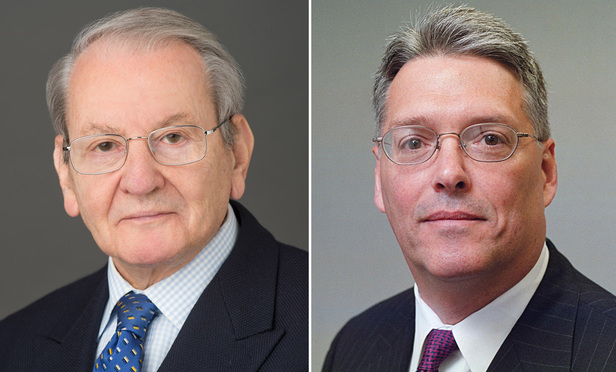In Microsoft v. Baker, 137 S. Ct. 1702 (June 12, 2017), the U.S. Supreme Court resolved an important jurisdictional issue concerning class action procedure, holding that a federal court of appeals does not have jurisdiction under 28 U.S.C. §1291 to review an order denying class certification after the named plaintiffs voluntarily dismiss their individual claims with prejudice.
The plaintiffs in Baker brought a putative class action against the manufacturer of a popular video game console, the Xbox 360, alleging that the console was inherently defective. The district court entered an order striking the plaintiffs’ class allegations, see 851 F. Supp. 2d 1274 (W.D. Wash. 2012), which is the functional equivalent of class certification denial. The plaintiffs filed a petition in the U.S. Court of Appeals for the Ninth Circuit under Rule 23(f) of the Federal Rules of Civil Procedure seeking permission to appeal from the district court’s order denying class certification. In support of their petition, the plaintiffs argued that the class certification denial would sound the death knell for the underlying litigation in light of the small economic value of their individual claims. The Ninth Circuit denied the Rule 23(f) petition for interlocutory review.



